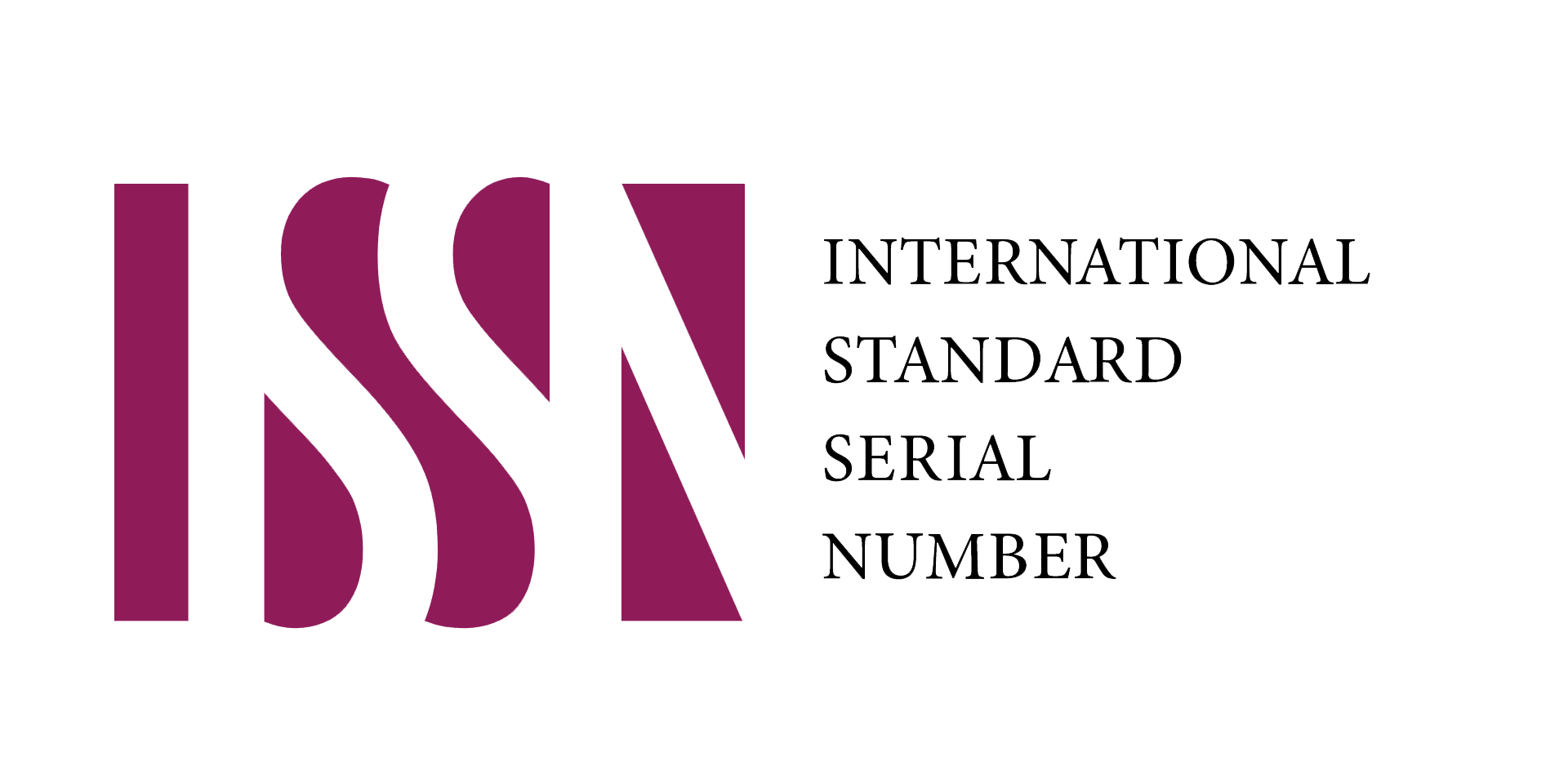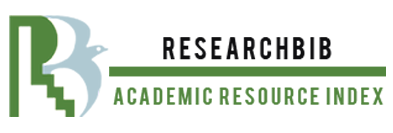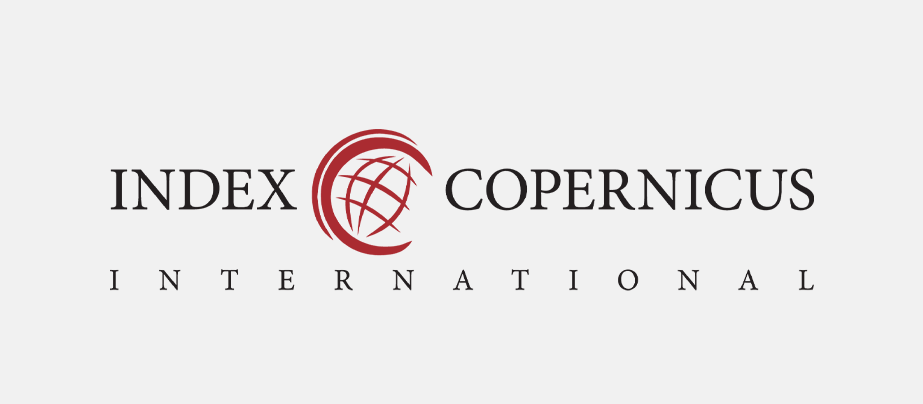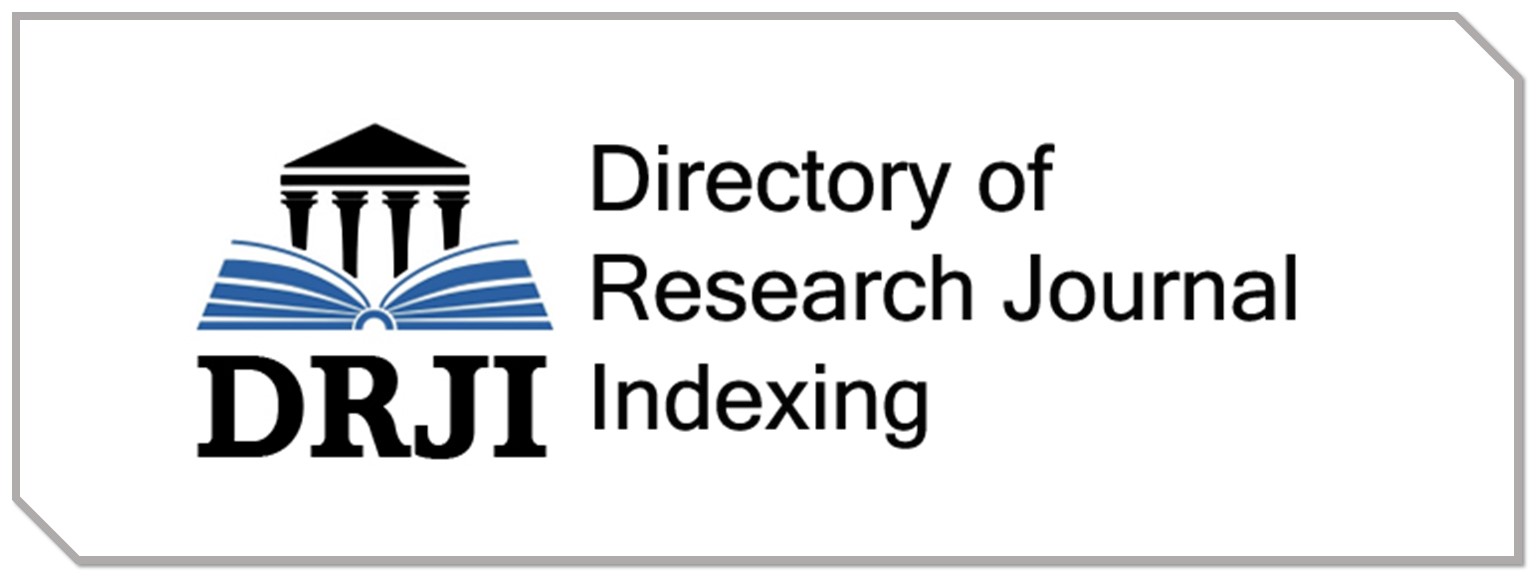Bronchial Asthma: Current Treatment Approaches and their Effectiveness
Keywords:
Bronchial asthma, inhaled corticosteroids, bronchodilators, biologic therapies, asthma exacerbations, monoclonal antibodies, inflammation, airway remodeling, asthma managementAbstract
Bronchial asthma is a chronic inflammatory disorder of the airways that affects individuals of all ages and backgrounds. It is characterized by episodic wheezing, coughing, shortness of breath, and chest tightness. Asthma exacerbations are triggered by various factors, including allergens such as pollen, dust mites, animal dander, respiratory infections, air pollution, and environmental irritants. The pathophysiology of asthma involves complex immune responses and airway inflammation, which lead to bronchoconstriction and mucus production. Traditional asthma management primarily involves inhaled corticosteroids (ICS) and bronchodilators like beta-agonists. However, newer biologic therapies, including monoclonal antibodies targeting specific immune pathways, have shown promising results in improving asthma control, particularly in severe cases. This paper reviews current asthma treatment strategies, including both conventional therapies and biologic treatments, and evaluates their efficacy, safety, and impact on quality of life. It also discusses future trends in asthma management, focusing on personalized treatment approaches and the role of biologic therapies in managing severe asthma.










